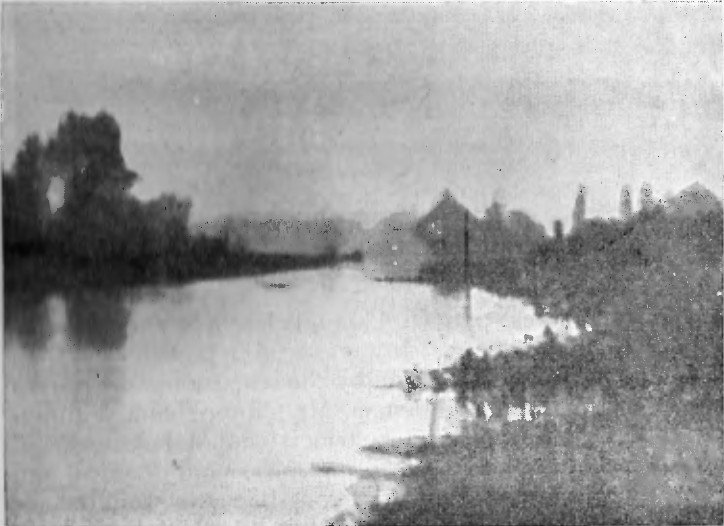I don't see it as such a dilemma. A big part of my own experience is reading about the evidence other people have gathered and created explanations for. Most of what I believe comes from what I have learned from others, not what I have personally verified. You believe that the world is round, like an orange, right? Could you demonstrate that belief to an intelligent, open-minded hermit? It might not be so simple. If I really didn't know the shape of the earth, it would be hard for me to determine it without outside help. My best argument is that a round earth fits into a consistent, plausible story that I have heard many times, which is also consistent with ideas like gravity, day and night, seasons, and the appearance and movement of the sun, moon and stars. It's not the only possible theory, it could be turtles. But the round earth theory fits the data better. I can also make personal observations of the tides, images from NASA and Felix Baumgartner, and ships on the horizon. I have seen the curved shadow of the Earth on the moon. How do I know it's the Earth's shadow? Someone told me. The same people who can predict an eclipse, even weeks in advance. That is good evidence that they understand something about whatever magic is behind the phenomenon. The early history of the Flat Earth Society is worth a look. There were arguments, a wager, a lawsuit, and most importantly: careful experiments made on the Old Bedford River, a six-mile straight canal. In 1904 Lady Blount hung a white sheet touching the surface of the river and had photographs taken with a telephoto lens from six miles away. By the Globularists' calculations the sheet should have been invisible, but it was visible in the widely-published photo, a great victory for the Zetetics. The photographer, a Globularist himself, wrote the Lady Thus the skeptics demonstrated that the world is not as simple as it sometimes appears. Today we have a better understanding of refraction, but the Zetitics persist. My skepticism makes me say "I am not sure it is true," not "I am sure it is not true." We see evidence of rising temperatures and increasing atmospheric carbon. It seems obtuse to ignore the industrial revolution as a likely source of the carbon, and a greenhouse effect as as a plausible cause of the warming. What that means for the future is hard to say with precision. I hope the controversy will lead to more careful research and a better understanding of the world. Having some doubt doesn't mean the best course is to stand by and wait, but I think it is reasonable to ask if there is enough evidence to justify costly interventions and how much benefit they will provide. Now that the subject is so politicized, BS detectors must be set to maximum sensitivity. I expect you have seen the "97%" consensus figure before. Were you at all surprised to see how the number was obtained? Have you noticed how easily and often the important distinction between "a significant cause of warming" (i.e. not definitely irrelevant) and "the cause of warming" is obscured? If the warming is actually explained by volcanoes instead of insufficient Prii, it doesn't mean we don't have a problem. But the responsible approach may be to give it some more time. I think climate science is in an early, uncertain stage, like the Victorians arguing over the river. The problem is difficult but the solutions are also very difficult and very expensive and far from infallible. The climate crisis also fits uncomfortably well into a very long history of gloomy predictions of doom which turned out to be completely contrary to fact. Maybe this time it's different.Skepticism is an important quality and I suppose it comes down to a choice between trusting in your own experiences (however limited they may be) versus trusting in other people's experiences (however unreliable they may be).

The issue was the relatively straightforward one of whether the Earth was flat (as the Zetetics held) or round (the Globularists). It's tempting from the comfort of a 21st century scientific perspective to laugh at the Zetetics, but we should perhaps be inclined to a little humility. The Zetetic philosophy was essentially one of 'proceeding by inquiry', which meant that any proof that the Earth was round would have to be the result of an experiment, not simply calculation.

I should not like to abandon the globular theory off-hand, but, as far as this particular test is concerned, I am prepared to maintain that (unless rays of light will travel in a curved path) these six miles of water present a level surface.
On a more personal level, would you say that you're skeptical of the theory of anthropogenic global warming via carbon-dioxide emissions or methane feedback loops?